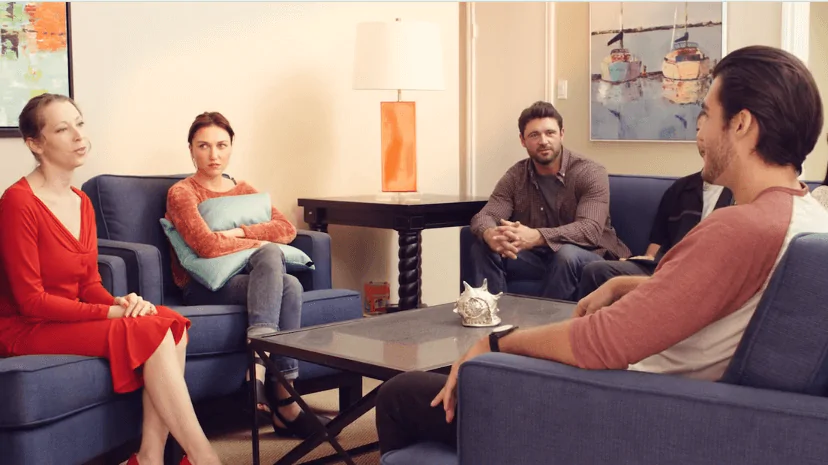24/7 Helpline:
(866) 899-111424/7 Helpline:
(866) 899-1114
Learn more about Aftercare Support centers in Dobson
Aftercare Support in Other Cities

Other Insurance Options

Horizon Healthcare Service

BlueCross

CareFirst

BHS | Behavioral Health Systems

Excellus

AllWell

Health Choice

Meritain

American Behavioral

BlueShield

United Health Care

Holman Group

Providence

Coventry Health Care

Kaiser Permanente

Medical Mutual of Ohio

Health Partners

ComPsych

Humana

Aetna

Hope Valley – Men’s Division
Hope Valley Men’s Division is a residential alcohol and drug addiction treatment center located in D...





























































































Professional Assessment
Professional Assessment is a private rehab located in Elkin, North Carolina. Professional Assessment...

AA – Alcoholics Anonymous
AA – Alcoholics Anonymous is a non-profit rehab located in Pilot Mountain, North Carolina. AA – Alco...

Hope Valley – Women’s Division
Hope Valley - Women’s Division is located in Pilot Mountain, North Carolina. The drug rehab facility...

A New Destiny
A New Destiny is a private rehab located in Elkin, North Carolina. A New Destiny specializes in the ...

Serenity Counseling and Consulting Services
Serenity Counseling and Consulting Services is a private rehab located in Pilot Mountain, North Caro...



















































